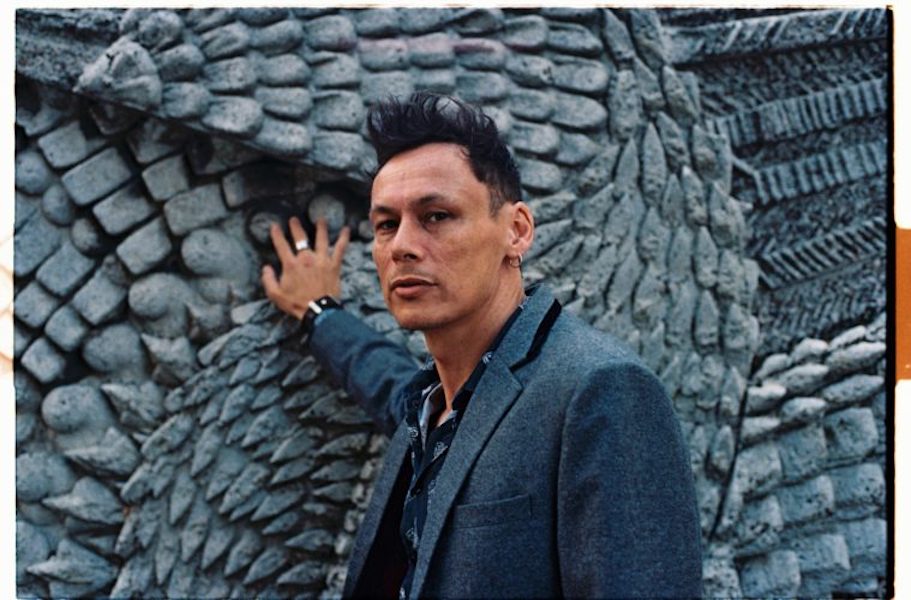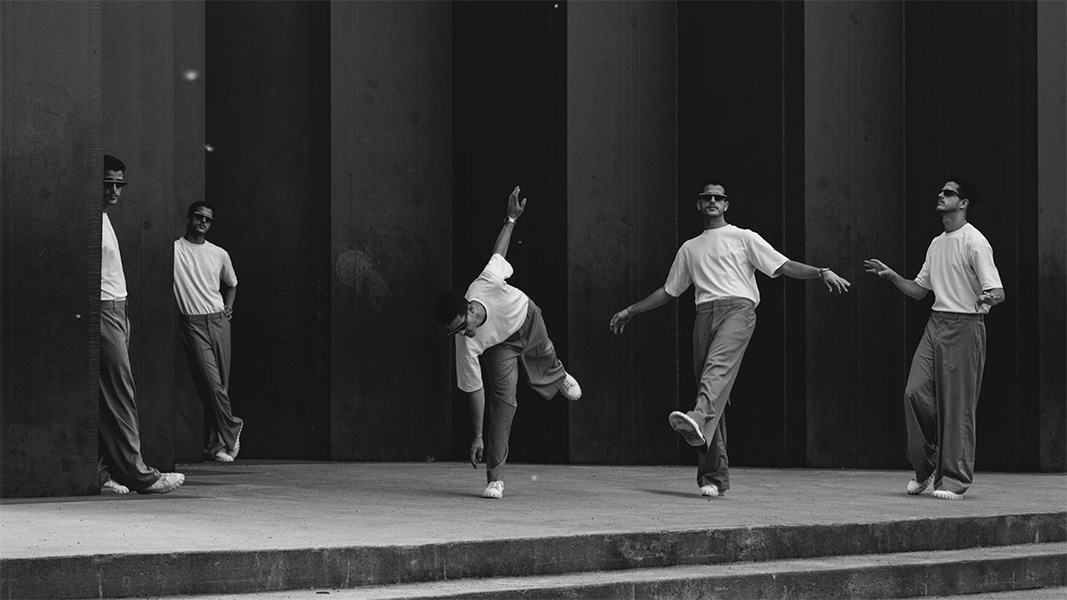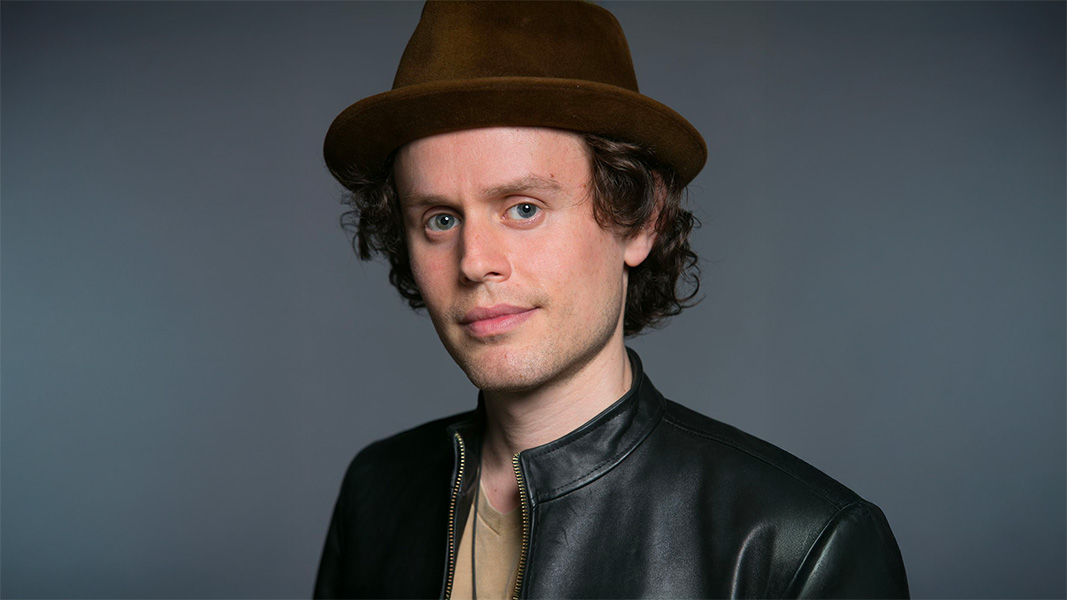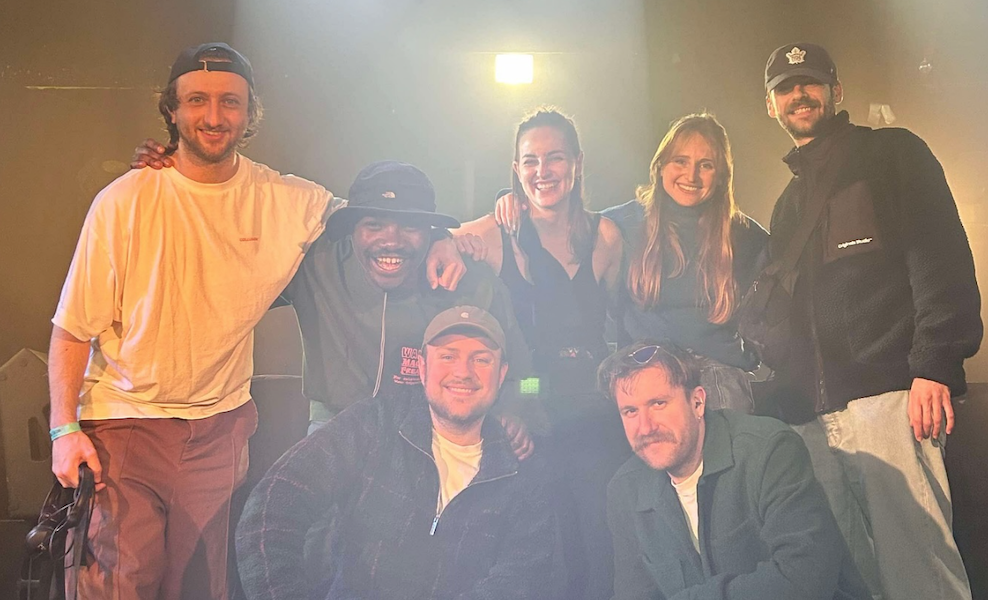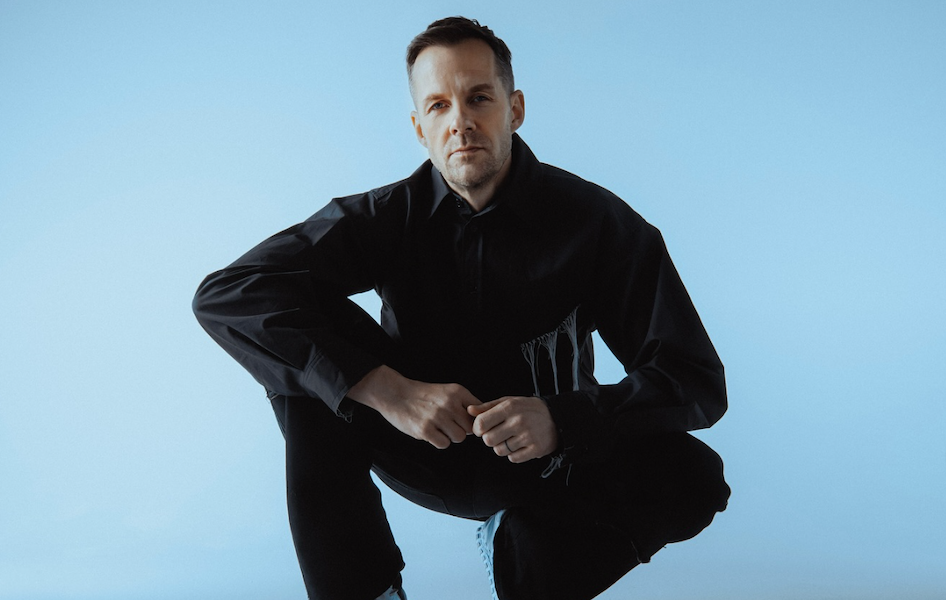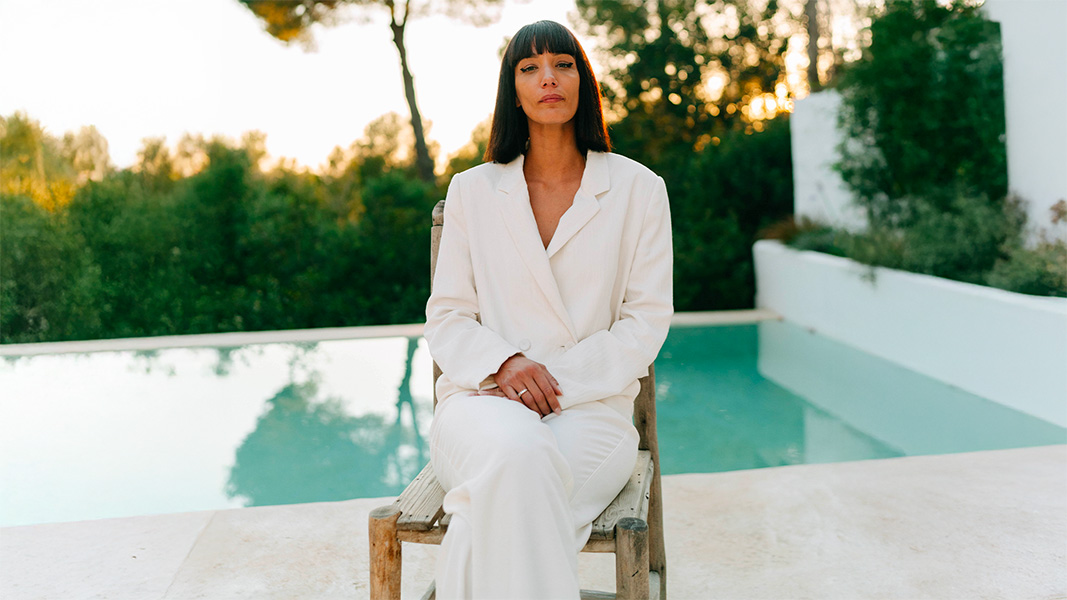It’s not every day that the worlds of techno and neo-classical music collide, so when we first heard that Brit techno pioneer Luke Slater decided to rework a track by pianist and composer Johannes Motschmann it obviously perked up our ears. Motschmann, who lives and works in Berlin, has several successful albums under his belt and his music, which combines piano, electronics and occasionally even whole philharmonics is hard to pigeonhole. Motscmann’s latest project, the 2019 album ‘Lifestream’ was an ambitious project, a critically acclaimed album that has made it into the stages of pop and classical music festivals alike. Not quite satisfied, the German composer decided he wants to breathe even more life into ‘Lifestream’, inviting other renowned musicians – many of which, his personal friends – to rework tracks from the album.
The first of such remixes is by Luke Slater, a man who hardly needs any introduction if you know a thing about techno music. Slater has been a towering figure in the UK’s techno scene since the 90s, and his rich, full sound has been honed across the globe several times over. Slater also boasts residencies at the likes of Berghain as well as appearances at about every major club or festival you could think of. His rework of Motscmann’s track ‘Lifestream’ channels all these experiences and forces into one hell of a club track. We caught up with Johannes Motschmann on this unusual partnership and on working with the techno maestro!
WWD: Hey Johannes, Welcome to When We Dip! Can you tell us more about the story of ‘Lifestream’?
The album ‘Lifestream’ is originally about our digital footprint, about the people we are, or become, in a virtual parallel universe – for example how things look through the filters we use when we take photos. I asked myself what’s the consequence of that constant mirroring of ourselves. As a musical equivalent, I tried to combine quite “classical“ instruments – violin, pianos, recorders, choir or an old harmonium – with hypernatural and very artificial sounds. I’m always amazed at how easy it is to dissolve all borders between those contrasting elements. The main idea was to create something very natural and artificial at the same time and place, which may represent a bit how we feel as human beings in our time.
WWD: Why have you chosen to collaborate with Luke Slater on this remix?
Well to be honest it was quite the other way round: I discussed with my publisher and label what perspective on this music would be most interesting to explore. We ended up asking Luke because we wanted to have a remix by a DJ who looks at electronic music from a very different angle than I do, but we didn’t really know how he would react to my album or if he would be willing to do it. I was very glad and honored that he was interested in my music, and in a way it felt like it was more his choice than mine. I also wanted him to decide for himself which piece he could connect with the best.
WWD: You are a classically trained composer and pianist. How do you find Luke Slater’s techno version of your track?
I like the darker sound in combination with a faster tempo: ‘Lifestream’ is the most positive track on the album, it flourishes in an easy-going and comfortable way with a slower beat. Luke’s version is quite the opposite of that, mystical and also a bit restless. He brings the background voices into the foreground and really changes the atmosphere of my music while preserving the harmonic essence at the same time. So, in the end, it’s really a new composition with my material. I was deeply moved when I first heard it.
WWD: Is there a big gap between these two worlds? Or do you see any similarities?
I think I always have a kind of ongoing narrative process in my compositions. I’m never in a loop mode, where you take a certain pattern and transform it into new ideas over and over again. So far, writing scores has always been about going on, moving to the next page, and a new starting point. Producing electronic music gives you many possibilities in changing the sound, keeping the moment vivid, and staying in this moment for a longer period of time. This for me is the gap, the obvious difference between both versions. My ‘Lifestream’ has changing parts, a bit like a soundtrack, while the sound of the remix is more complex while focussing only on a certain moment of the piece, therefore it fits more into a club than the original.

